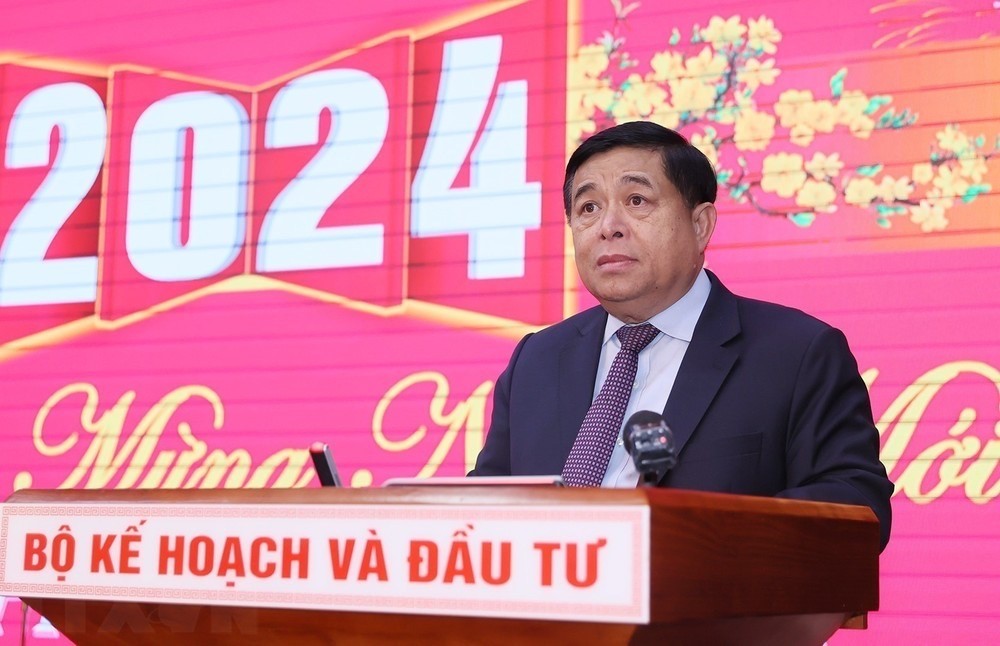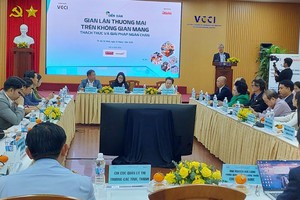
Dung said the Vietnamese Government has been working to create the best conditions to welcome investors in the semiconductor industry, adding that Vietnam has all the necessary conditions and factors for developing the industry, including political stability, favorable geographical location, investment incentives, abundant human resources, and increasingly developed digital infrastructure.
He informed that many technological giants worldwide, namely Google, Meta, Siemens, and Hitachi, have cooperated with the National Innovation Centre (NIC) to launch various activities in support of firms in digital transformation and human resource training.
The Ministry of Planning and Investment (MPI) is steering the NIC in conducting agreed-upon cooperation activities with existing partners while exploring opportunities with leading global partners in eight key sectors to establish operations at NIC's facilities, particularly in Hoa Lac Hi-Tech Park, thereby fuelling growth based on new drivers like digital economy, sci-tech, innovation, and emerging domains such as semiconductor, renewable energy and hydrogen, he said.
The increasing presence and expansion of major electronic and semiconductor corporations in Vietnam, such as Intel, Samsung, Synopsys, Qualcomm, Infineon and Amkor, are clear evidence of Vietnam's key and increasingly important role in the global semiconductor supply chain.
However, Minister Dung also pointed out challenges such as high investment, intense competition from global powerhouses like China, the US, and Europe; and increasing complexity of semiconductor technology that requires significant investment in research and development to stay competitive. In particular, the personnel shortage is an issue.
To address these challenges, he revealed that the Government has tasked the MPI, in collaboration with the Ministry of Information and Communications, the Ministry of Education and Training, and other relevant agencies, with devising a comprehensive human resources development plan for the semiconductor industry. The objective is to train 50,000 skilled workers by 2030, including 15,000 integrated circuit design engineers and 35,000 engineers across various disciplines.
A sound financial mechanism is also needed to meet the industry's funding requirements, according to the minister.
He added that the National Assembly has adopted a resolution, mandating the Government to draft a decree for establishing an investment support fund for high-tech industries, including semiconductors, slated for issuance by mid-2024.
Additionally, the Vietnamese Government has approved the eighth National Power Development Plan and established a State Steering Committee for key energy projects to provide them with stable electricity, particularly those in hi-tech and semiconductor industries. The Government will also work to accelerate land clearance and ensure clean land for industrial parks, economic zones, and high-tech zones, thus improving the competitiveness of semiconductor projects, he added.
























